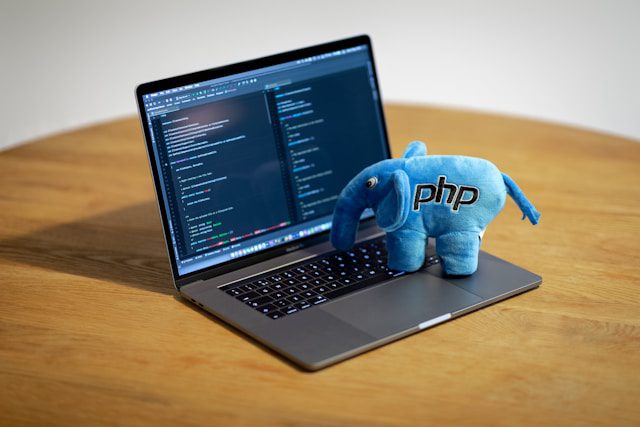
A recently discovered flaw in the GNU C Library’s (glibc) iconv function (CVE-2024-2961) carries severe implications for web applications built on PHP. This vulnerability, which allows for out-of-bounds memory writes, could enable remote attackers to execute arbitrary code within the context of vulnerable PHP applications.

The Exploit Path
The vulnerability, cataloged under CVE-2024-2961 and rated 8.8 on the CVSS scale, resides in the ISO-2022-CN-EXT plugin of the glibc’s iconv library. This critical flaw occurs during the charset conversion process from UCS4, where specific escape characters are required to signify changes in the charset to the library. However, due to insufficient boundary checks on internal buffers, an out-of-bounds write can occur, allowing up to three bytes to be written outside the intended memory area.
This vulnerability poses a significant risk as it compromises the Integrity, Confidentiality, and Availability (ICA) triad by potentially allowing attackers to craft malicious character sequences that trigger the out-of-bounds write, leading to remote code execution. The exploitation of this flaw could result in application crashes, arbitrary memory corruption, data overwrites, and even system takeovers.
Also, attackers can craft malicious input with specific escape sequences to trigger a buffer overflow, potentially granting them control over PHP’s internal structures and leading to code execution.
Implications for PHP’s Security
Security researcher Charles Fol (@cfreal_) discovered this vulnerability and has demonstrated a new exploitation technique specifically targeting PHP. This raises significant concerns for the entire PHP ecosystem, potentially compromising numerous web applications.
Charles Fol will delve deeper into the vulnerability and PHP exploitation techniques in his talk titled “ICONV, SET THE CHARSET TO RCE: EXPLOITING THE GLIBC TO HACK THE PHP ENGINE” at the upcoming OffensiveCon international security conference.
Fol’s work not only exposes the specific risks associated with CVE-2024-2961 but also offers a rare glimpse into the complexities of exploiting the PHP engine. The insights provided could lead to enhanced security measures and a better understanding of underlying vulnerabilities in similar environments.
What You Should Do
- Patch glibc Update your glibc library immediately to the latest version, which addresses this vulnerability.
- Monitor for Updates: Stay updated on further advisories and patches from web frameworks or applications you use that may rely on PHP.
- Enhance Defenses:
- Implement input validation and sanitization best practices within your PHP applications.
- Consider using web application firewalls (WAFs) for additional protection.